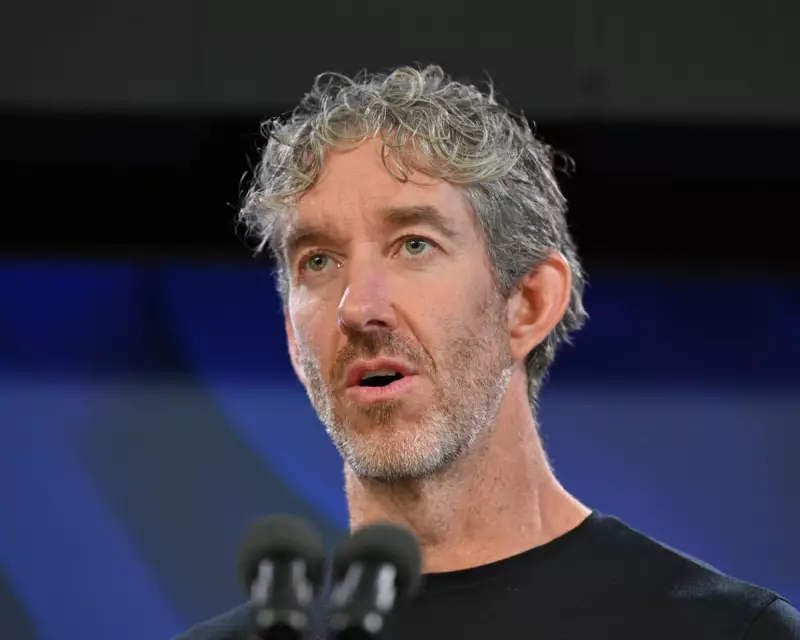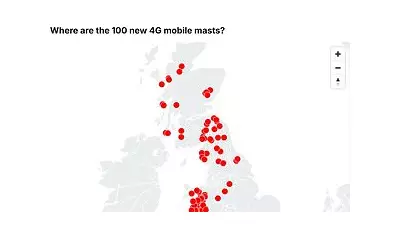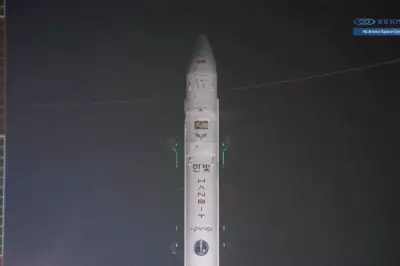
Atlassian co-founder Scott Farquhar has sparked debate by suggesting Australia should permit artificial intelligence (AI) systems to train on copyrighted creative content without restrictions. While his argument centres on fostering technological advancement, critics highlight a critical oversight: the potential erosion of creators' rights and livelihoods.
The Case for Unrestricted AI Training
Farquhar contends that allowing AI models free access to books, music, and artwork would accelerate innovation, positioning Australia as a leader in AI development. He compares the situation to academic research, where knowledge builds upon existing works—implying that AI should operate under similar principles.
The Overlooked Flaw
However, this perspective neglects a fundamental issue: unlike human learning, AI systems replicate and repurpose content at scale, often without compensation or attribution. Artists, writers, and musicians rely on copyright protections to sustain their careers. Removing these safeguards could discourage creativity, ultimately harming the very industries AI seeks to enhance.
Expert Pushback
Intellectual property lawyers and creative unions argue that unchecked AI training risks devaluing original work. "If AI can freely exploit decades of human creativity, what incentive remains for future artists?" asks one industry advocate. Others warn of legal clashes, as jurisdictions like the EU and US increasingly enforce stricter AI training regulations.
A Middle Ground?
Some propose licensing frameworks where AI firms pay royalties to content creators—a model already adopted by several music platforms. This approach balances innovation with fair compensation, though implementation remains complex.
As Australia weighs its AI strategy, Farquhar’s vision faces mounting scrutiny. The debate underscores a broader question: in the race for AI supremacy, can technology and creativity coexist equitably?





